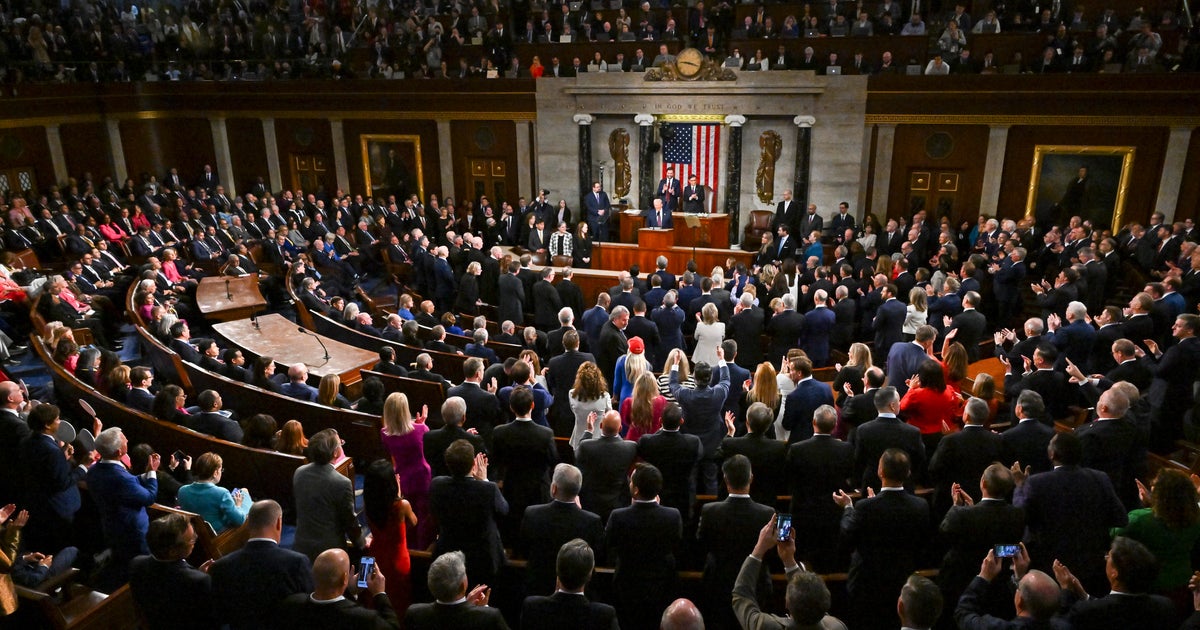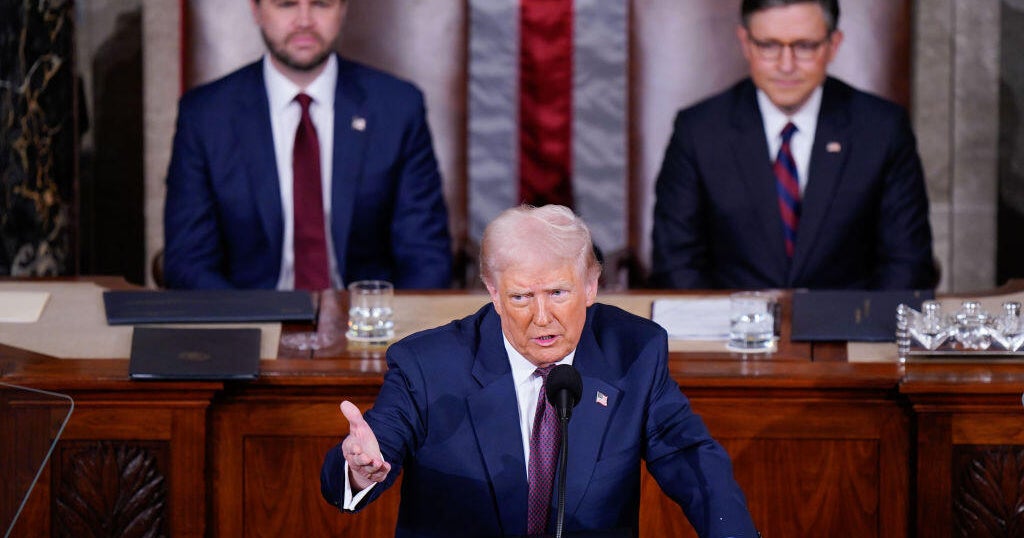Syria strikes: How Congress reacted
Soon after President Trump announced that the U.S., in cooperation with the U.K. and France, had launched precision strikes against Syria, the response from Congress was swift. Democrats criticized the strikes and the president for not seeking congressional authorization, while Republicans largely supported the retaliatory strikes against Syria over the Assad regime's suspected chemical attack in Douma last Saturday.
House Minority Leader Nancy Pelosi, D-Calif., received a call apprising her of the strikes from Vice President Mike Pence, who also notified Paul Ryan and Mitch McConnell before the strikes. While Pelosi said agreed that the chemical attack was "a brutally inhumane war crime," she said it demanded a "strong, smart and calculated response," and "one night of airstrikes is not a substitute for a clear, comprehensive Syria strategy."
She called on Mr. Trump to "come to Congress and secure an Authorization for Use of Military Force" with "a comprehensive strategy with clear objectives that keep our military safe and avoid collateral damage to innocent civilians."
Ranking member of the House Intelligence Committee, Rep. Adam Schiff, D-Calif., agreed with Pelosi on the need for an AUMF, but he placed the blame for the lack of one more broadly on Mr. Trump's predecessors and on "a Congress that willingly abdicated its role in approving or disproving military action." This, he said, must change because "the risk of escalation with any military action in a country in which Russia, Iran and Turkey have deployed troops and proxies is far too great to leave to any executive acting on their own."
McConnell also praised the strikes. "The planning for this robust operation by the United States and our allies was clearly well-considered," he said in a statement. "It is evident that the President was provided with a number of options, and that our forces executed a challenging mission."
House Speaker Paul Ryan, R-Wisc., also voiced his support, saying that "The United States has taken decisive action in coordination with our allies. We are united in our resolve that Assad's barbaric use of chemical weapons cannot go unanswered."
Chairman of the Sen. Armed Services Committee John McCain, R-Ariz., issued a statement applauding the president for taking military action against Assad, but he also warned that the U.S. and its allies must continue to "impose meaningful costs" on Assad to send the message that "the cost of using chemical weapons is worse than any perceived benefit, that the United States and our allies have the will and capability to continue imposing those costs, and that Iran and Russia will ultimately be unsuccessful in protecting Assad."
Further, McCain also called for a comprehensive Syria and Middle East strategy, and he said that the president needs to lay out the U.S. goals -- not only for ISIS, "but also the ongoing conflict in Syria" and the influence of Russia and Iran in the region.
"Airstrikes disconnected from a broader strategy may be necessary," he said, "but they alone will not achieve U.S. objectives in the Middle East."
House Majority Leader Kevin McCarthy, R-Calif., tweeted his approval of the Trump administration's action. "The barbarism from the Assad regime will not be tolerated. America and its allies are together to deliver the consequences from such heinous action. God bless our men and women in uniform," he wrote.
Not all Republicans approved of the strikes. Rep. Justin Amash, R-Mich., called them "unconstitutional, illegal, and reckless," and he said "The next speaker of the House must reclaim congressional war powers as prescribed in Article I of the Constitution. @SpeakerRyan has completely abdicated one of his most important responsibilities."
Rebecca Kaplan and John Nolen contributed to this report.



